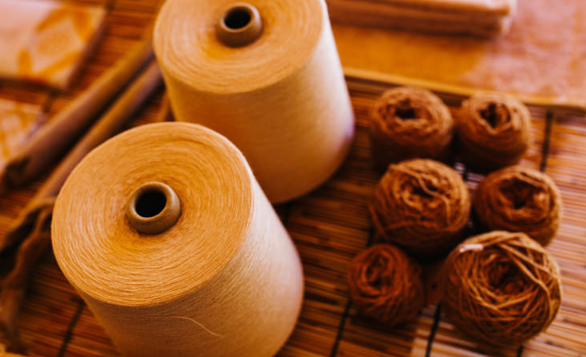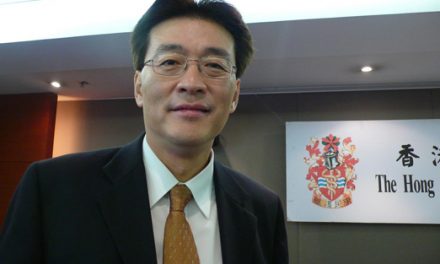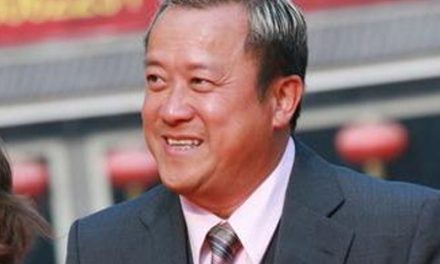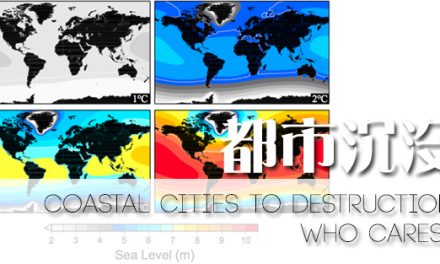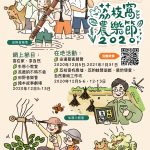In 2011 the Fukushima region of Japan was devastated by an earthquake and nuclear disaster. Six years on, the residents have begun to rebuild their lives and are producing bespoke, Japanese cotton to create Lush Koi and Mixed Fruit Knot Wraps.
The Great East Japan earthquake and its aftermath made agricultural land in Fukushima difficult to farm. The effects of the tsunami and nuclear disaster left soil with a high concentration of salt, which made it hard to grow traditional food crops. However, cotton is resistant to this type of pollution and grows healthily in salt-rich terrains.
Recognising this, business union Otento Sun made it their mission to begin harvesting cotton on abandoned farmland and to give farmers back the ability to grow crops and produce an income.
The Bicchu Brown cotton the Fukushima farmers grow is native to Japan. It is grown in Iwaki, a region with low radiation levels in which it is considered safe to live and work without protective equipment. Every crop harvested in Fukushima has to go through radiation tests, and only crops below the standard radiation level can be distributed. In fact under Japanese regulations, farmland must have caesium (radiation) levels lower than 8000Bq/kg to be able to grow crops.
Director of Otento SUN Emiko Yoshida said “Cotton is one of the most environmentally unfriendly crops on this planet. At the same time, it is one of the crops we use most in our everyday lives.” Cotton is considered one of the dirtiest crops in the world because of the amount of pesticide that is used in its production. As well as growing their cotton on Fukushima land, Otento Sun prove cotton farming does not have to involve heavy use of pesticides by using organic, non-GMO native seeds to create high-quality, safe cotton.
The Bicchu-brown cotton grown by Otento Sun has been used in Japan since the Heian Era (794-1185). Otento Sun mixes brown Japanese cotton and white Western cotton to create beautiful, soft, cream-coloured threads. This traditional cotton has not only helped to regenerate land and livelihoods in Fukushima, but has helped to improve the quality of cotton production in Japan.
Emiko says: “We hope our organic cotton will be used across the world. Our aspiration is for the reconstruction and regeneration of Fukushima. This may be a small first step, but we believe that it can be realised by us all making a small change in our daily lives. It can start from this furoshiki.”
Photo & Source of Information: LUSH HK

